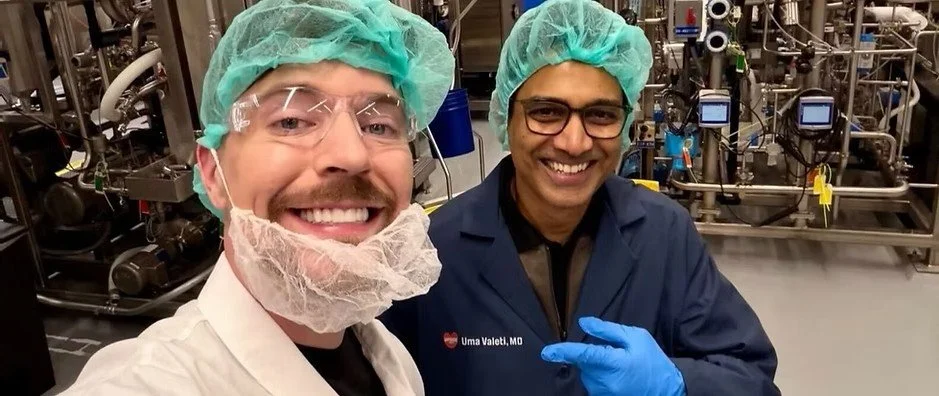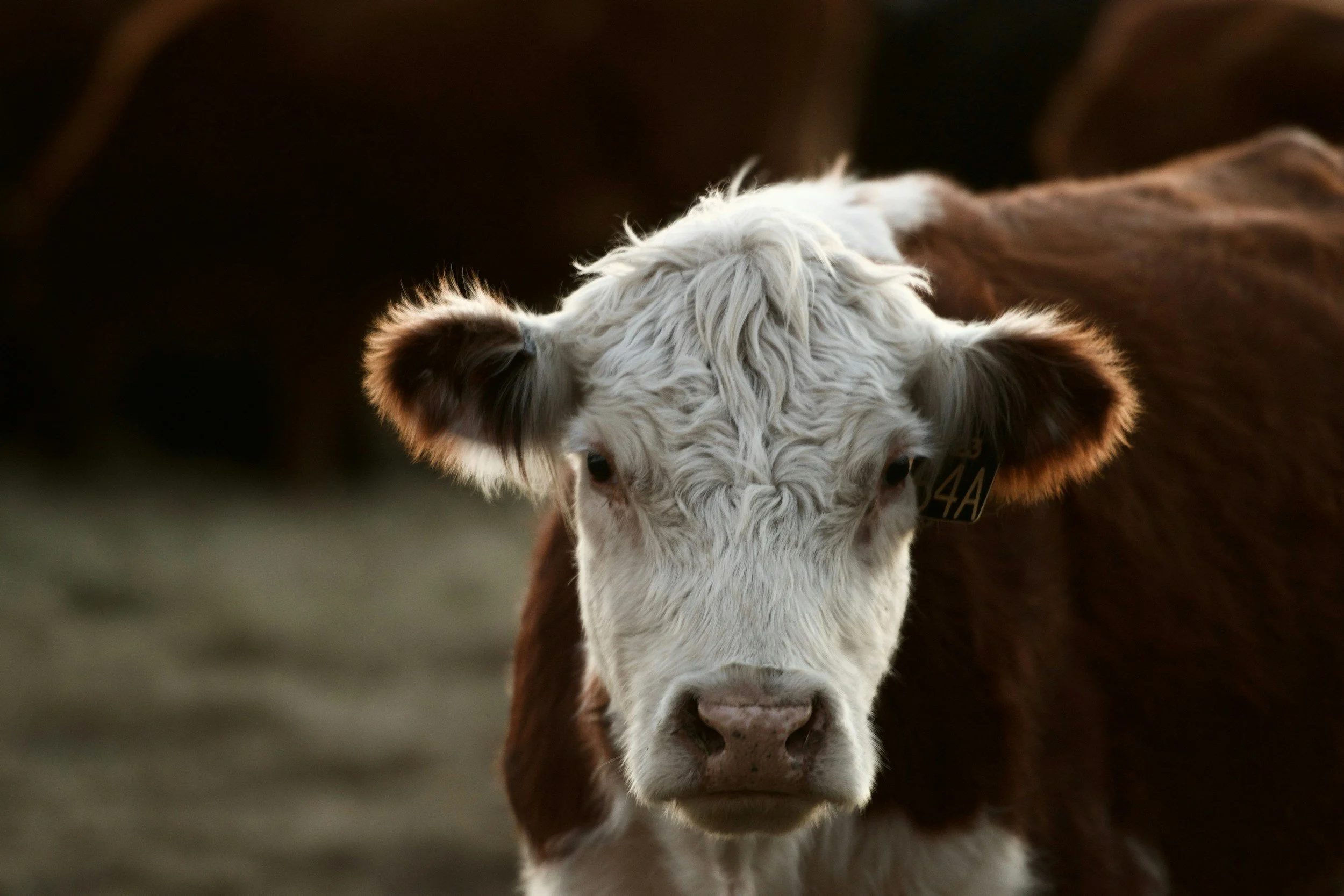Shein Marketplace bans fur, wild animal skins, and wild feathers
The fast-fashion giant now prohibits fur, wild animal skins, and exotic feathers across all products, including third-party sellers.
The fast-fashion retailer Shein has banned fur, wild animal skins, and exotic feathers from its entire online marketplace to include third-party sellers.
Shein’s original fur-free policy applied only to its in-house brands, excluding its third-party marketplace, a platform launched after the company introduced its no-fur commitment.
In 2024, animal rights group People for the Ethical Treatment of Animals (PETA) identified fur products and accessories being sold on Shein’s third-party marketplace, prompting talks with the fast-fashion giant.
Following a meeting in which PETA presented evidence from the animal industry, Shein agreed to implement a comprehensive ban on fur and wild animal skins across all products sold on its platform.
“Every rabbit-fur coat or crocodile-skin purse is made with the suffering of a thinking, feeling being who didn’t want to die,” said Tracy Reiman, PETA’s Executive Vice President, in a statement. “Shein made the right decision to ensure that its online store and marketplace are free from fur and wild-animal skins, and PETA urges all other hold-out companies to follow its lead.”
Shein now joins hundreds of major designers and retailers, including ASOS, Burberry, Canada Goose, Chanel, Macy’s, Nike, and Nordstrom, in banning fur and wild-animal skins in recent years.
Animals Killed for Fashion
Brands cite animal welfare concerns and declining consumer demand as key reasons for phasing out fur and exotic animal skins.
Fur farming has faced mounting criticism in recent years, driven by growing awareness of the cruelty involved, as well as the industry’s environmental and public health risks. Multiple undercover investigations have exposed widespread animal welfare violations, revealing animals confined to cramped cages where stress-induced behaviours, including self-mutilation and cannibalism, are common.
To harvest their fur, the animals are bludgeoned, skinned alive, electrocuted, or gassed.
Beyond the ethical concerns, critics warn that the fur trade is environmentally destructive, contributing to water pollution, land degradation, and greenhouse gas emissions.
Photo: Andrew Skowron
Wild-animal skins refers to any items made from the skins or feathers of ostriches, alligators, and other animals that brands consider “exotic”.
Investigations into these supply chains have uncovered disturbing practices, with animals kept in squalid conditions before being electroshocked, beaten, or skinned alive for use in luxury handbags, shoes, and accessories.
Meanwhile, ostriches, whose skin is used for high-end accessories with a dotted texture, are commonly killed when just a year old. They are put into an electric stunner before their throats are slit in full view of their flockmates.
Take action: Species Unite is calling on Louis Vuitton to join the modern age of compassionate fashion by committing to stop supporting the torture of crocodiles and the use of exotic skins. Please add your name and join us in condemning this practice and asking Pietro Beccari, CEO of Louis Vuitton, to do the right thing.
We Have A Favor To Ask…
Species Unite amplifies well-researched solutions to some of the most abusive animal industries operating today.
At this crucial moment, with worldwide momentum for change building, it’s vital we share these animal-free solutions with the world - and we need your help.
We’re a nonprofit, and so to keep sharing these solutions, we’re relying on you - with your support, we can continue our essential work in growing a powerful community of animal advocates this year.





